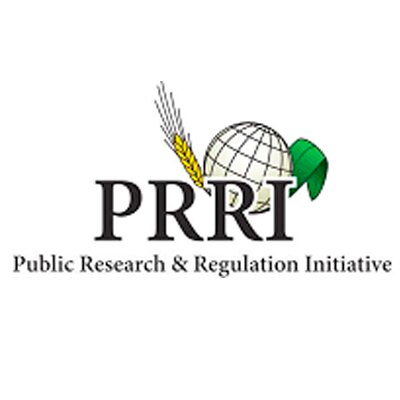Project Description
One of Jalisco's most representative products is tequila, which is an alcoholic beverage distilled from Agave tequilana weber blue variety. Only 20% of the agave plant is used for tequila's manufacturing process; the rest, mainly the leaves, is disposed along with bagasse, which is the remaining fiber.
The main goal of the project is to synthesize polyhydroxyalkanoates (PHA) from the available carbon sources in agave residues through a recombinant E. coli strain. The bioplastic obtained from this process has multiple applications; for example, it can be used for the creation of disposable medical equipment and containers because of their resistance to heat and oils. A business model for the commercialization of our bioplastic is included.
The project is developed on three stages. The first one consists on the degradation of cellulose to glucose. In order to access the cellulose within the organic tissue of the bagasse and leaves of the agave, the bagasse had to undergo a chemical and physical treatment.
The second stage is a comparative study of the metabolic speed for the synthesis of PHAs between Pseudomonas putida KT2440 and a recombinant Escherichia coli BL21 with the genes fab G, phaG, phaC1 and pha2, and a T7 promoter for an optimized production of the bioplastic.
The final stage includes the extraction and purification of the PHAs from the intracellular medium in the cleanest way possible, through rounds of centrifugation. The main objective is to make the process efficient and with a high yield.












